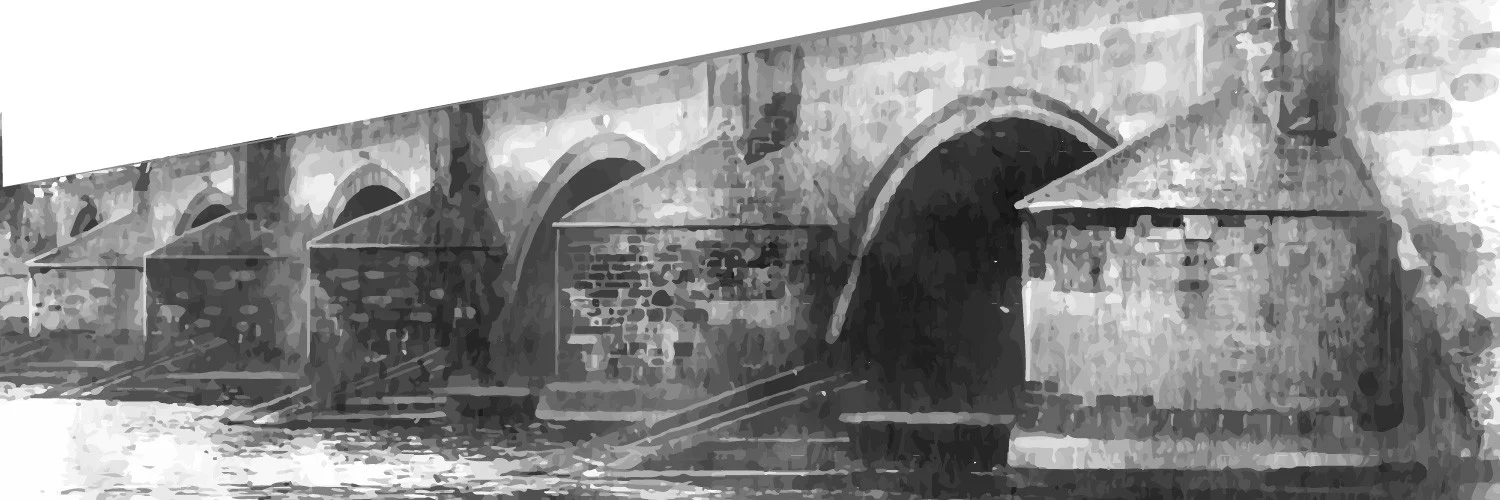Leyte Gulf, fought in the waters around the Northern Philippine Islands in late October 1944, was the last great fleet action, pitting the still-powerful Japanese surface fleet against the U.S. Navy’s Seventh and Third Fleets.
Great Expectations: The Case of Horatio Nelson and the Role of Confidence in Military Genius
Charles Dickens fans should note that this article is not about one of your favorite Victorian novels. Rather, it examines the case of Admiral Horatio Nelson, Baron of the Nile, and how his expectations of what his military operations might accomplish often matched the results. Secondarily, this characteristic of great expectations aligns nicely with attributes in Carl von Clausewitz’s exposition of military genius in On War. Finally, both Nelson’s approach, and Clausewitzian examination of the concept of military genius have a direct bearing on how officers command at sea.
#Reviewing Strategy and the Sea: Essays in Honour of John B. Hattendorf
To say there is something here for everyone would be something of an understatement. There is more than enough in the volume for naval strategists and historians in terms of scope, geographical region, and topic. But for a popular strategy audience this collection will be a hard slog, if not intimidating. This is a shame, because these essays have much to offer. So, if one can afford it, purchase the anthology, peruse the topics, and read. Otherwise, for the everyman strategist out there, go to your nearest college library and get it there. You will still be rewarded.
#Monday Musings: John T. Kuehn
A Personal Theory of Power: Levels of Interaction, the Historical Approach, and the Public Mind
My personal theory of power, at least for the moment, has two parts. The first part comes from an idea broached by Mark Mandeles known as “levels of analysis.” The second part has to do with my own approach to exercising such power in ethical and, hopefully, altruistic ways in my own life through education, specifically educating minds to include the historical perspective. In other words, the theory followed by its application and execution in my own case.






